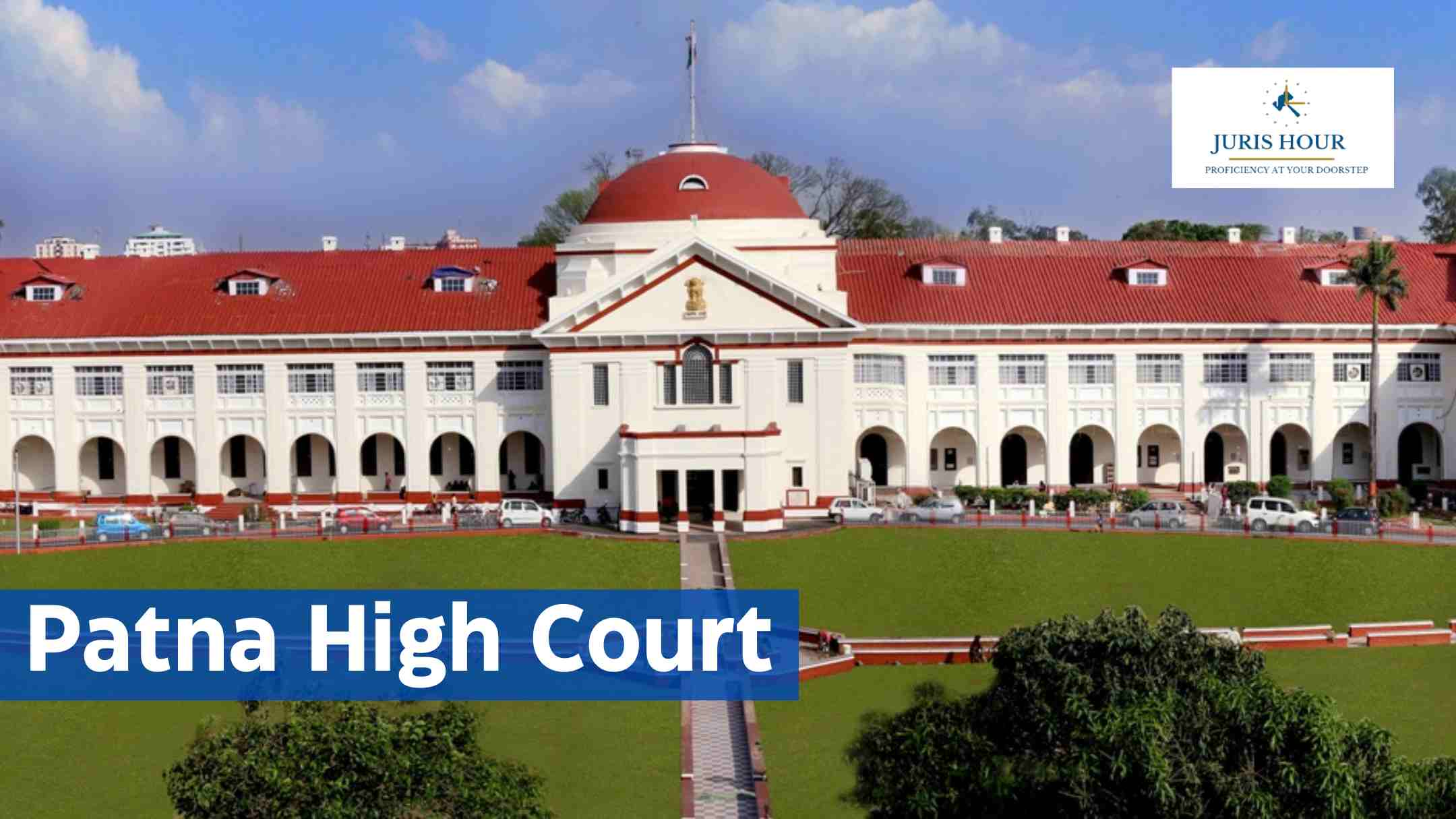Quashing Of Seizure Memo Doesn’t Mean Customs Dept. Can’t Investigate: Patna High Court

Quashing Of Seizure Memo Doesn’t Mean Customs Dept. Can’t Investigate: Patna High Court
The Patna High Court has held that the quashing of the seizure memo does not mean the customs department cannot investigate and proceed in accordance with law under the provisions of the Customs Act, 1962.
The bench of Justice Rajeev Ranjan Prasad and Justice Shailendra Singh has observed that apart from the seizure list, there is no other order of the Seizing Officer showing his reason to believe. Mere mentioning of the sections of the Customs Act, 1962 in the seizure memo would not be sufficient in absence of material information relating to ‘reason to believe.’
The petitioner/assessee is in business of trading of betel-nuts (Areca nuts) grown in the north-eastern region of the country. When the vehicle was engaged in transportation of betel-nuts and was moving from Falakata in West Bengal to Nagpur in Maharashtra, consigned to one M/S Jayshree Enterprises, Masaknath, House No. 14, Itwari, Nagpur (Maharashtra), it was detained by the Officers of the Customs (Prev) Division, Muzaffarpur under the Office of the Commissioner of Customs (Prev), Patna near Maithi Toll Plaza, Muzaffarpur at around 17:00 Hours of 26.11.2019.
The department seized the goods at the Office of the Deputy/Assistant Commissioner of Customs (Prev), Muzaffarpur Division at around 22:00 Hours of 26.11.2019. The value of the goods has been evaluated at Rs. 38,37,000 and that of the truck at Rs.12,00,000.
The issue raised was whether the seizure order/seizure memo satisfies the condition precedent i.e. “reason to believe” as envisaged under Section 110(1) of the Customs Act, 1962?
On a bare reading of sub-section (1) of Section 110, it is crystal clear that the proper officer must form reason to believe that the goods which he is looking to cease are liable to be confiscated.
Chapter XIV of the Customs Act, 1962 contains the provisions for confiscation of improperly imported goods, goods attempted to be improperly exported etc., confiscation of conveyance, confiscation of goods used for concealing smuggled goods, adjudication of confiscations and penalties and adjudication procedure.
Section 123 of the Customs Act of 1962 talks of the burden of proof in certain cases and Section 124 provides for issuance of show cause notice before confiscation of goods etc.
The court noted that suspected opinion of the local traders that seized dried Areca nuts is a foreign origin is not reliable and acceptable, in other words with a naked eye one cannot draw inference that whether it is Indian origin or foreign origin.
The court concluded that panchnama cannot be read into seizure memo. In the said case, it was also held that both the seizure memo and panchnama would show that it was firstly the seizure memo which has been prepared and secondly panchnama has been drawn, therefore, at the time of writing seizure memo, panchnama was not written or existed. The learned co-ordinate Bench clearly opined that the Seizing Officer cannot keep reasons in his mind and he has to disclose minimal reasons in the seizure memo.
The court quashed the seizure memo and refrained from interfering with the show cause notice.
Case Details
Case Title: M/s Ashoke Das Versus Union of India
Case No.: Civil Writ Jurisdiction Case No.4918 of 2021
Date: 19-02-2025
Counsel For Petitioner: Ashwani Kumar
Counsel For Respondent: Dr. K.N. Singh
Read More: Reimbursement Of Technical Personnel Salary Not Manpower Supply Services: CESTAT


